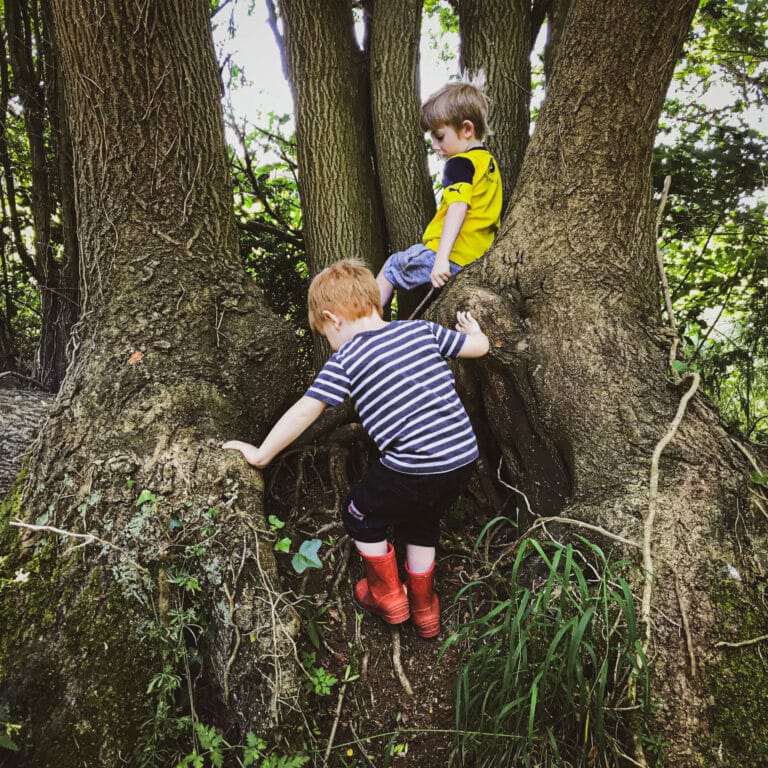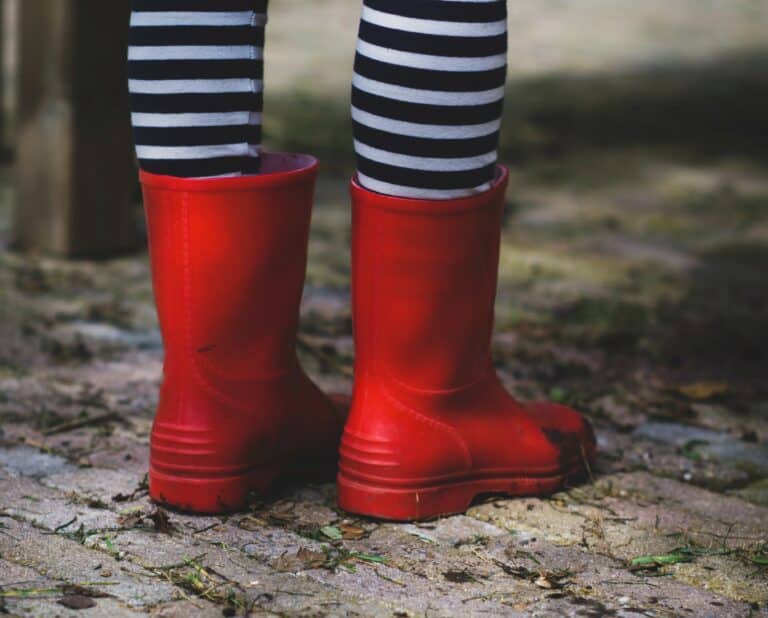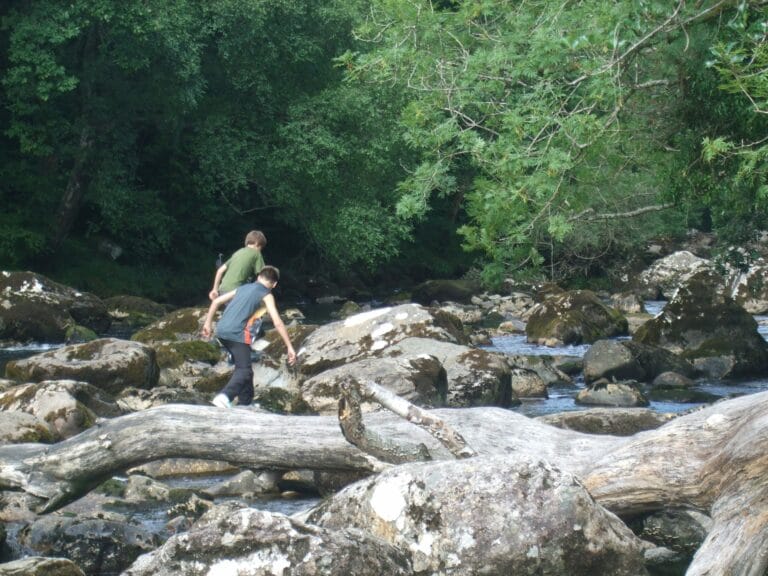Growing resilience through play (by Susie Robbins)
This is a guest post by Susie Robbins
There is a lovely saying that I regularly repeat to my children: “Mistakes are proof that you have tried.” When we make mistakes, it is easy to give up and only see a failure. But it is so important to show resilience in the face of adversity and try again, and to start building these skills from childhood. So, how can we encourage our children to become more resilient and more independent? The answer, as always, can be found in play, especially for our younger children.
Whether post-lockdown, or perhaps during lockdown, school holidays are on the horizon. Many parents are faced with even more time working from home with kids. Growing resilience is more important than ever. And helping children become independent will in turn help parents with the struggle-juggle.
To help build their resilience, your child needs to be given the opportunity to take chances, to make mistakes and to learn from them. They need to have opportunities to judge a situation and decide for themselves if their desired outcome is possible, and if so, how to achieve it. As parents, we are often very risk-adverse. We cherish our children and want no harm to come to them. But by doing this are we stifling them? Are we doing them a disservice by not allowing them to flex their risk-taking muscles? In short, yes.
There are various ways that parents can allow children to make these judgments without putting our children in any actual danger. How? We can allow them to experience learning through trial and error. The best way to support them in this is through play. Here are some great ideas for how parents can build resilience through outdoor play this summer:
Transient Nature Art
This is great for teaching resilience but, top tip – don’t try it on a windy day! We don’t ever want to set our children up to fail! Transient means ‘only lasting a short time, impermanent’, so prepare your child. Make sure that they understand they won’t be able to take their picture home and it’s not a huge disaster if the wind blows away their masterpiece. This may take some repetition! To make this activity as independent as possible draw an outline of a picture on some paper or card. Challenge your child to fill in the picture using natural materials (leaves, petals, blades of grass, twigs or stones). The end result will be lovely, but temporary. A photo of the finished creation will be a lasting memory.
Gardening

Tree Climbing
Whilst you will be absolutely required as a safety net, nobody can climb a tree on your behalf. Start small, and I mean really small, like a sturdy bush or a tree stump, and work your way up. Making judgement calls about the strength of a branch, or the distance from one branch to another is one way of learning to calculate risks, through play. This will take proper focus and stamina, for both you and the child! Allow them to make mistakes that won’t harm them, encourage them when they claim to be stuck, keep your hands in your pockets if need be! My six year old has just started climbing trees – he finds it especially difficult as he has low muscle tone, but he swells with pride with every step or reach higher. It gives him extreme satisfaction, and has been a steep learning curve for me. Step back, but keep your eyes open and step in when necessary.
Ice Play

Nature Colour Hunt
Cut out a circle from card, divide the circle into six sections and colour each ‘slice’ a different colour. Attach a clothes peg to each slice and ask your child if they can find something in the garden or park that matches each colour, ask them to attach the item to the corresponding coloured slice using the peg. They may not find all the colours. How will they overcome this? Can they make an allowance for this ‘failure’, to see their successes instead? Are they able to operate the peg? Do they know their colours? These are all wonderful opportunities to display resilient behaviours and thought processes.
There you go, my top five ideas of ways to have fun, build resilience and learn some really important new life skills along the way! Good luck, and remember that this kind of play is a journey!

For more tips on supporting your child, sign up for our monthly newsletter!




